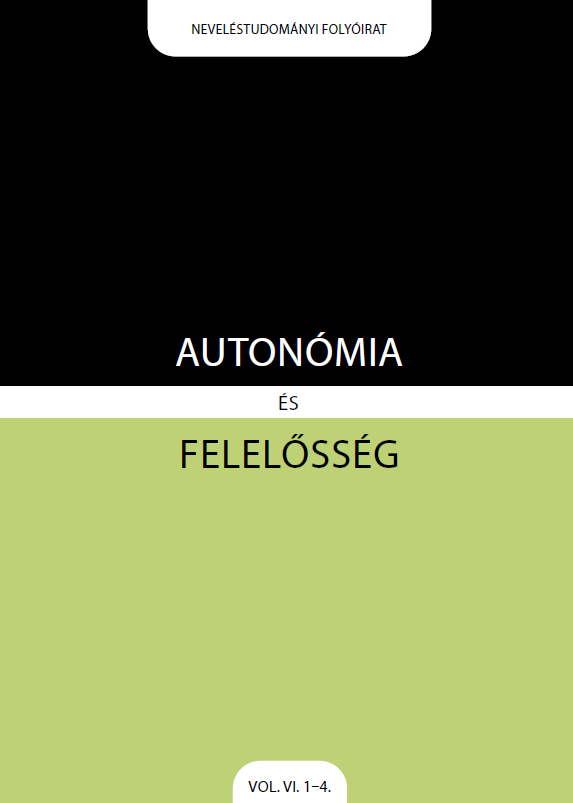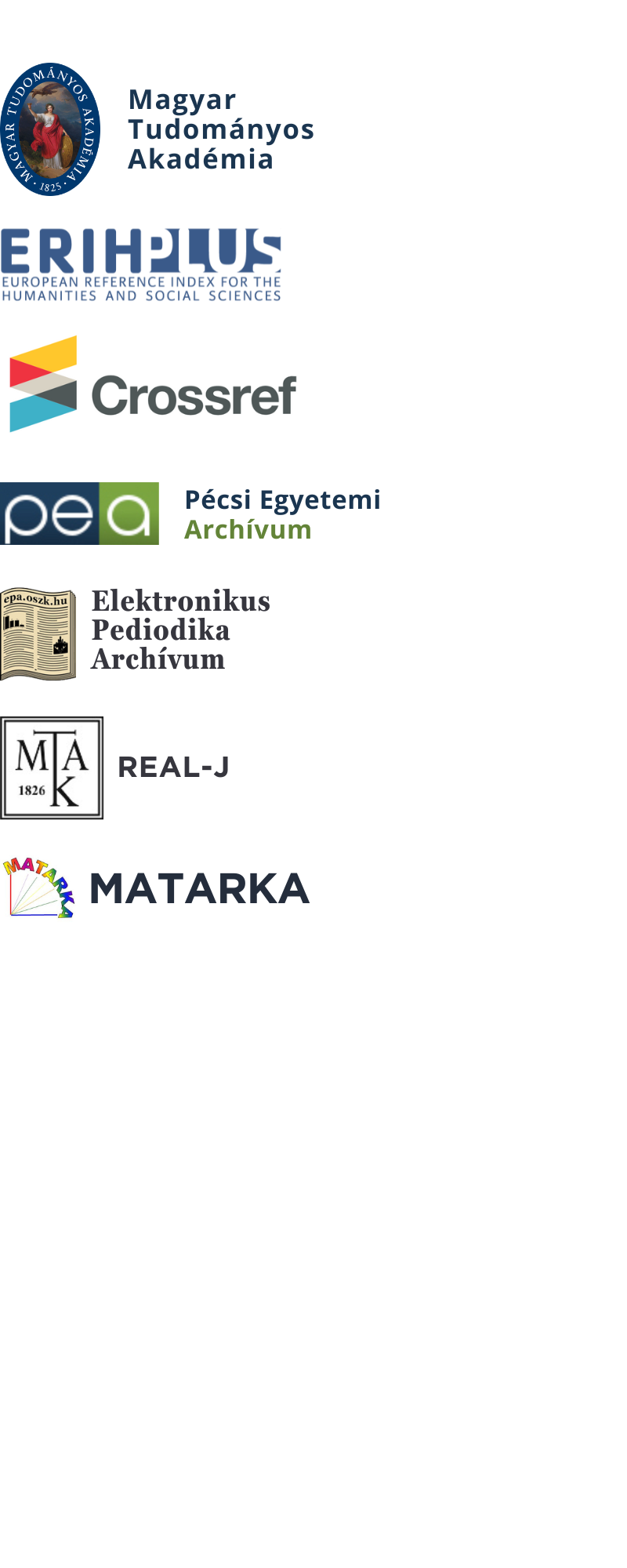Supporting Self-Regulating Language Learning - Introduction to the Theoretical Background of the Thematics of an After-School Language Course
DOI:
https://doi.org/10.15170/AR.2021.6.1-4.4.Keywords:
diversity, language learning, theoretical pedagogy, 21st century skillsAbstract
The study analyses the expectations of the Hungarian National Curriculum applied to teaching first foreign languages for secondary school students. The Curriculum aims to facilitate selfregulated learning which could be the key to reach higher proficiency in a language. The analysis of the Curriculum touches upon expectations concerning 21st century skills, self-regulating learning and students’ personality and attitude. The study summarizes the guidelines of the National Curriculum, elaborates their possibilities for pedagogical application. With the help of a derived framework, created of pedagogical-psychological theories, the paper highlights the importance of individual differences and diversity of secondary school students in language learning. Based on this, the developed teaching-material contains selective activities and tasks involving ICT devices, that help the application of the Curriculum. Besides, the study touches upon developing inclusive language classes which helps the creation of an equitable pedagogical program. The study presents the mapped pedagogical knowledge, that serve as a guideline for creating materials, as independent variables, in service of further action research.
Downloads
Downloads
Published
How to Cite
Issue
Section
License

This work is licensed under a Creative Commons Attribution-NonCommercial-NoDerivatives 4.0 International License.



